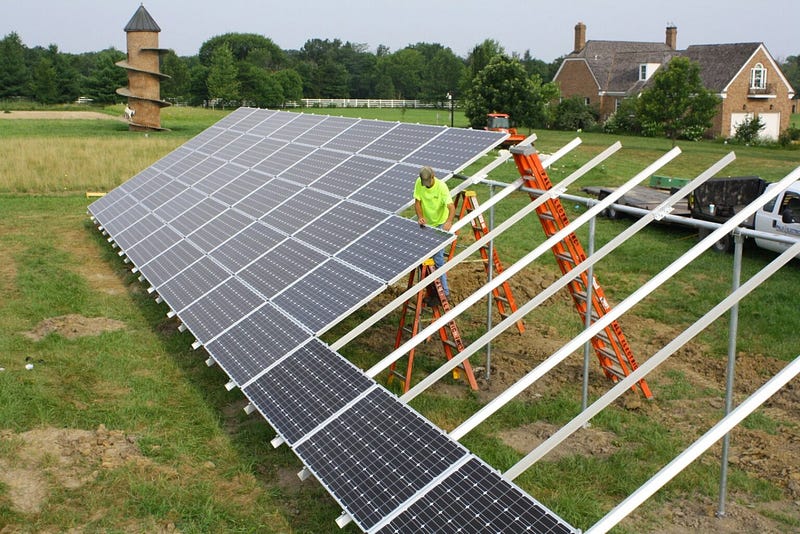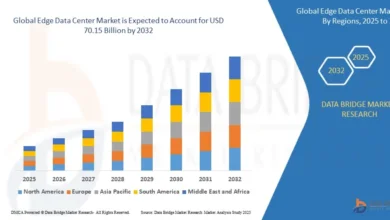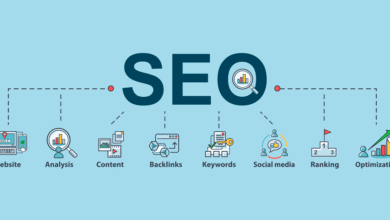Why Cleaning Solar Panels is Essential for Maximum Energy Efficiency
Cleaning solar panels regularly ensures maximum energy efficiency, protects your investment, and extends their lifespan. Learn why professional cleaning, installing critter guard for solar panels, and choosing the right solar battery storage make a big difference.

Introduction:
Why Solar Panel Maintenance Matters
Solar panels are one of the most effective ways to harness clean and renewable energy. But just like any other technology, they require proper maintenance to work at their full potential. The biggest challenge homeowners face is dirt, dust, bird droppings, and debris that build up on the panels, reducing efficiency.
That’s where cleaning solar panels becomes crucial. Regular cleaning not only increases electricity production but also extends the lifespan of your solar investment. Along with cleaning, other essential steps like adding a critter guard for solar panels and choosing the right solar battery storage ensure you get maximum performance and protection.
In this blog, we will cover:
Why cleaning solar panels is important
How often you should clean them
DIY vs. professional solar panel cleaning
The role of critter guards in protecting solar systems
Why solar battery storage is the future of energy independence
FAQs on solar panel cleaning and maintenance
Why Cleaning Solar Panels is Important
Dirty solar panels can lose up to 20–30% of their efficiency if not cleaned regularly. Here’s why cleaning is essential:
Maximized Energy Output — Dust, pollen, and debris block sunlight, reducing the energy your system generates.
Longer Panel Life — Regular cleaning prevents permanent stains and micro-scratches.
Cost Savings — More efficiency means lower electricity bills.
Warranty Protection — Some manufacturers require proof of maintenance to keep the warranty valid.
Think of solar panels as your car’s windshield. A dirty windshield blocks your view, while a dirty panel blocks sunlight — making your system work harder for less energy.
How Often Should You Clean Solar Panels?
The frequency of cleaning solar panels depends on your location, environment, and weather.
Dusty Areas (deserts, farmlands): Every 1–2 months
Urban Areas: Every 3–4 months
Rainy Climates: Twice a year is usually enough
Near Trees: More frequent cleaning due to leaves, pollen, and bird droppings
💡 Pro Tip: Monitor your energy production. If you notice a sudden drop, it may be time for a cleaning.
DIY Solar Panel Cleaning vs. Professional Services
Many homeowners wonder whether they should clean panels themselves or hire professionals. Let’s compare both options.
DIY Solar Panel Cleaning
Pros: Cost-effective, quick, satisfying
Cons: Risk of damage, safety concerns on roofs, may not achieve deep cleaning
Steps for DIY Cleaning:
Turn off the solar system.
Use a soft brush or sponge.
Rinse with deionized or distilled water.
Avoid harsh chemicals or abrasive tools.
Professional Solar Panel Cleaning
Pros: Safe, thorough, uses specialized equipment, maintains warranty
Cons: Additional cost
If your roof is steep or panels are hard to reach, professional cleaning is the best option.
The Role of Critter Guard for Solar Panels
Besides dirt, another major problem solar panel owners face is pests and critters. Birds, squirrels, and small animals often build nests under panels, causing:
Wire damage
Blocked airflow
Reduced efficiency
Fire hazards
Installing a critter guard for solar panels prevents these issues. A critter guard is a protective mesh installed around the panels that:
Keeps pests out
Prevents debris from getting stuck underneath
Extends the lifespan of your system
Investing in a critter guard is a one-time solution that saves thousands in potential repair costs.
Why Solar Battery Storage is a Game-Changer
Generating solar energy is only half the story. To maximize your savings and independence, you need a reliable way to store the excess electricity your panels produce. That’s where solar battery storage comes in.
Benefits of Solar Battery Storage:
Energy Independence — Store power for nighttime or cloudy days.
Backup During Outages — Keep lights and appliances running when the grid goes down.
Lower Energy Bills — Use stored energy during peak hours when electricity costs more.
Eco-Friendly — Reduce reliance on fossil fuels by maximizing renewable energy use.
Popular options include Tesla Powerwall, LG Chem, and Enphase batteries, which pair seamlessly with residential solar systems.
Common Myths About Cleaning Solar Panels
Rain Cleans Solar Panels Completely — False. Rain helps but doesn’t remove sticky debris like bird droppings or pollen.
Cleaning Isn’t Necessary — Wrong. Dirty panels can lose significant efficiency.
Any Cleaning Method Works — Not true. Harsh chemicals or high-pressure water can damage panels.
Tips for Maintaining Solar Panels
Schedule bi-annual professional inspections.
Use gentle cleaning tools only.
Install critter guards for solar panels to avoid pest damage.
Pair your system with solar battery storage for uninterrupted power.
FAQs on Cleaning Solar Panels
Q1: How much does professional solar panel cleaning cost?
A: Typically between $100–$300 depending on system size and accessibility.
Q2: Can I use regular tap water for cleaning?
A: It’s better to use distilled water to avoid mineral deposits.
Q3: Do solar panels come with built-in critter guards?
A: No, critter guards must be installed separately for maximum protection.
Q4: How long do solar batteries last?
A: Most solar battery storage systems last 10–15 years.
Conclusion: Maximize Your Solar Investment
Cleaning solar panels regularly, installing a critter guard for solar panels, and investing in solar battery storage are the three pillars of solar system maintenance. These steps ensure higher efficiency, longer lifespan, and maximum return on investment.
Whether you choose to clean panels yourself or hire a professional, the key is consistency. Protect your solar panels today, and they’ll continue powering your home for decades to come.
home




